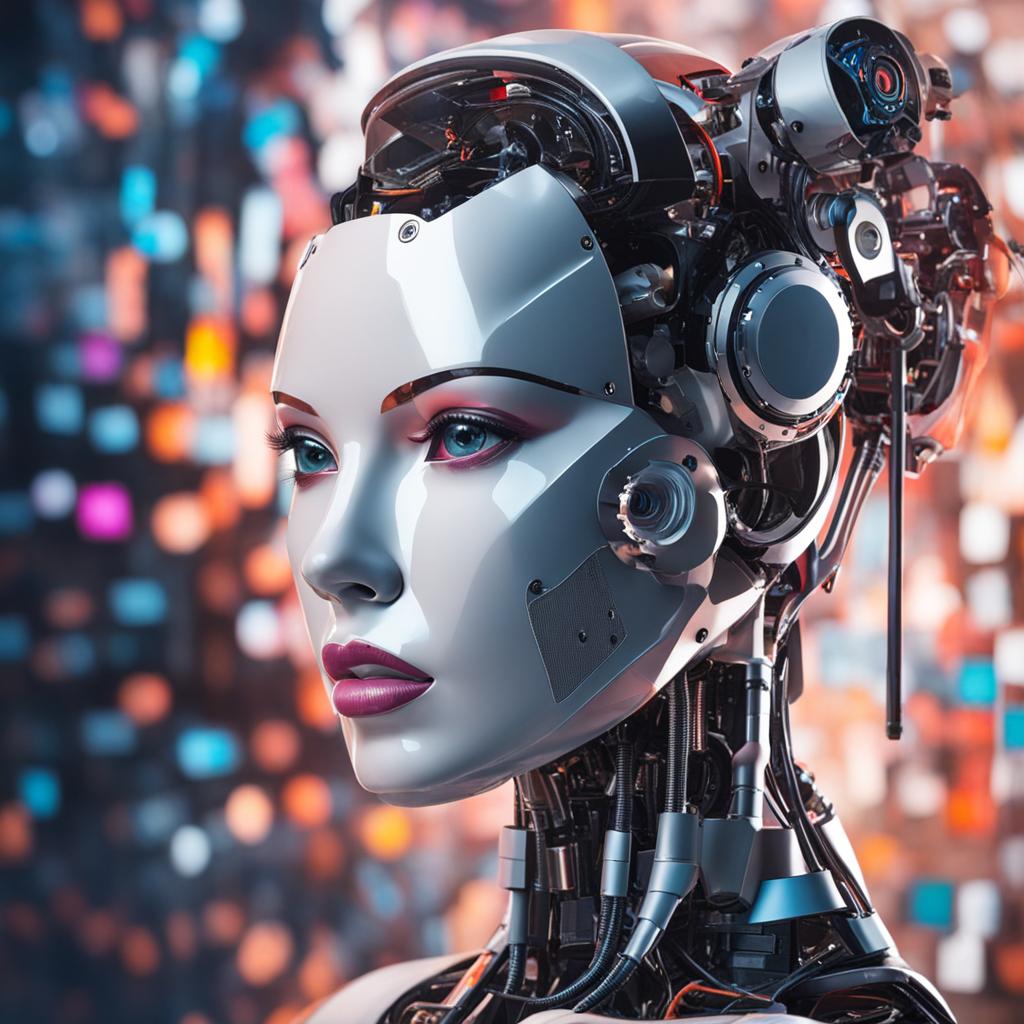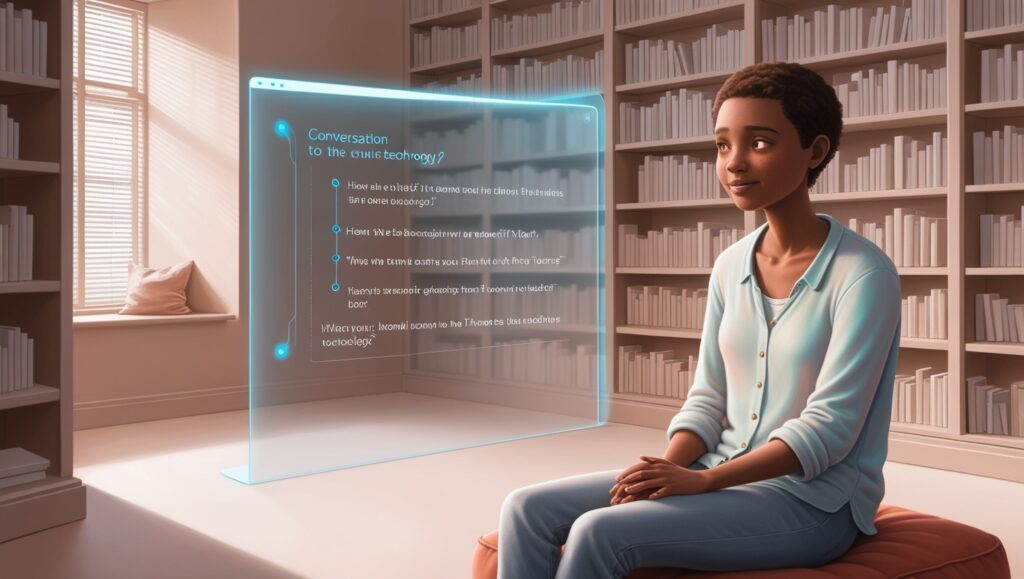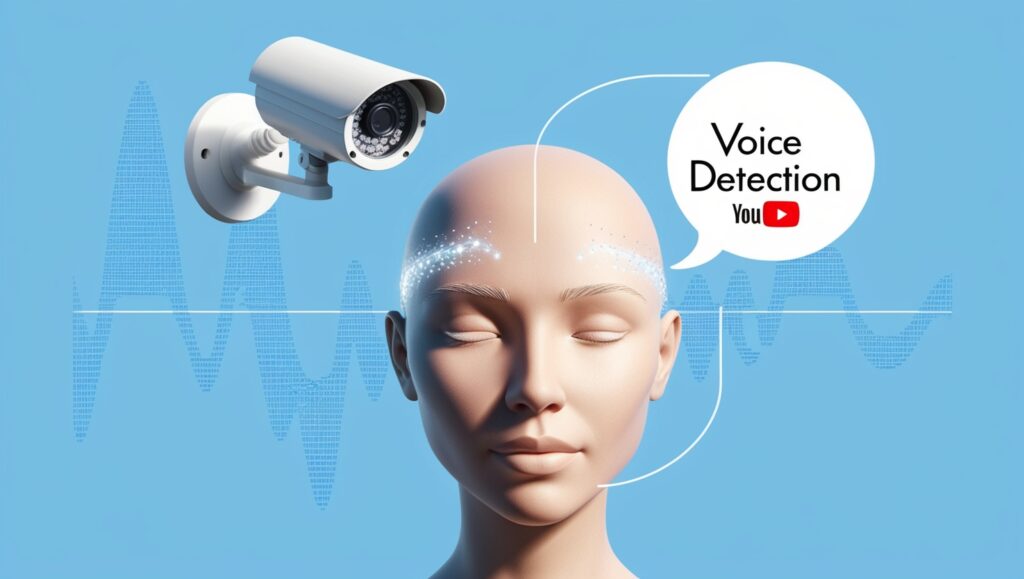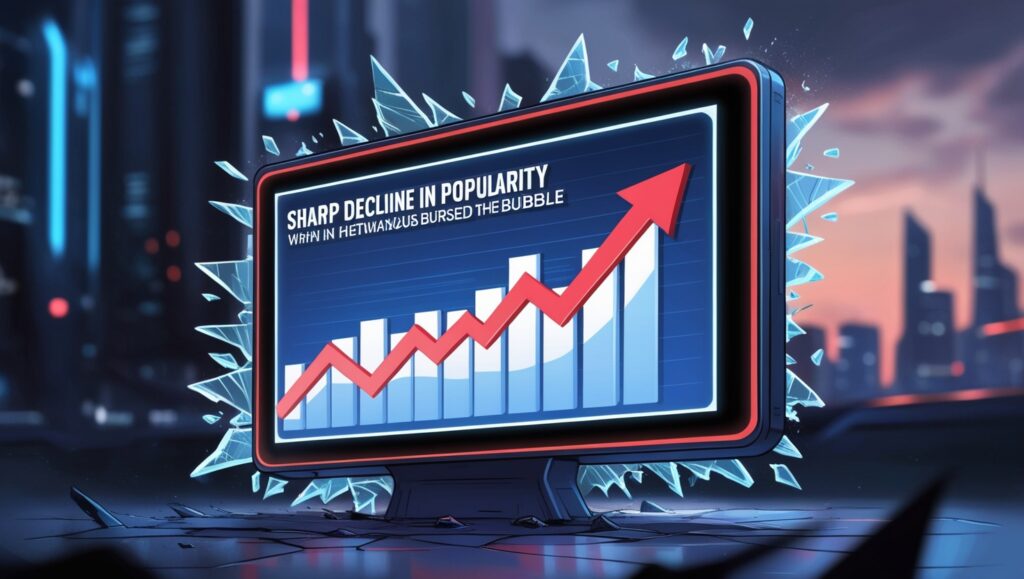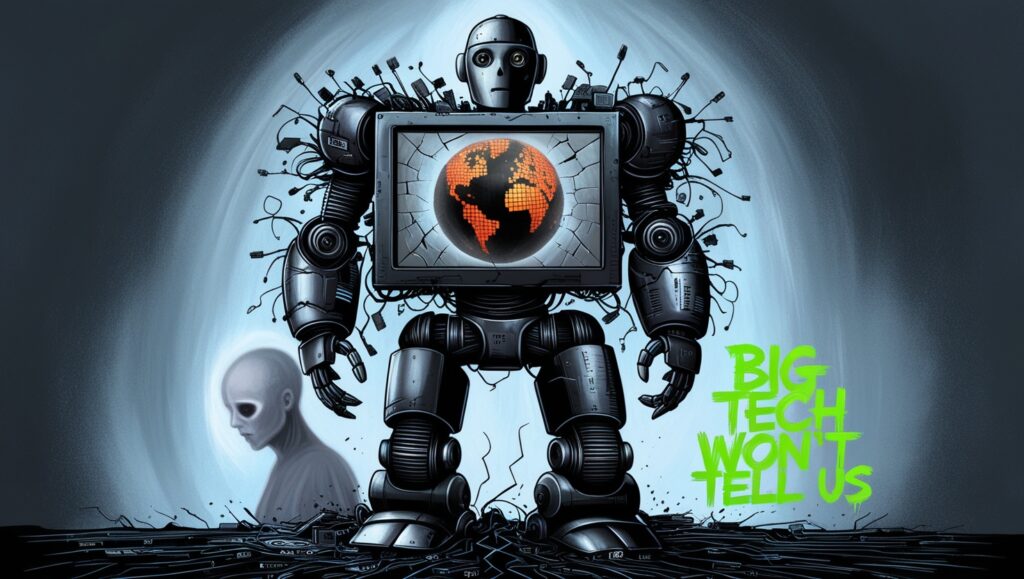In 2024, the rate of advancement and adoption of artificial intelligence (AI) in our daily lives will further quicken.
AI will grow more pervasive in everything we do as businesses figure out how to maximize its potential, people utilize it to increase their productivity, and policymakers scratch their heads over how to regulate it.
Hopefully, by 2024, we will have made progress towards resolving some of the sticky concerns surrounding this technology. Though costs and convenience of use have reduced entrance barriers in recent years, there are still issues of trust, bias, accessibility, and regulation.
Focusing on these issues could put us on pace to realize AI’s full potential as we enter the second half of the decade.
The chatbots and image generators that astounded and at times frightened us in 2023 will be far outdone by the next generation of generative AI technologies. Creators of generative music and video are already emerging, and they’ll only get stronger and easier to use. They will begin to be included into productivity software and creative platforms, much like ChatGPT technology this year. Applications such as voice synthesizers and generative design tools will emerge and be intriguing. An increasingly important item in the essential skills toolkit will be the ability to distinguish between the genuine and computer-generated!
Ethical AI
Because AI has the potential to be so disruptive, it is crucial that it be created and deployed in a responsible manner that reduces its ability to harm. The potential to replace human occupations, bias, a lack of transparency, and our inability to guarantee with absolute certainty that it will never spiral out of control are just a few of the risky elements that we already know about. We will see a continuous emphasis on minimizing these issues and remaining watchful for brand-new ones in 2024. As companies appear to show that they are upholding ethical standards and implementing necessary protections, demand for AI ethicists will rise.
Customer Service Using AI
In some corporate activities, such as customer service, a lot of repetitive, ordinary jobs are intermingled with occasionally extremely difficult and crucial ones. This makes it a perfect testing ground for incorporating AI into operations, automating the tedious to free up time for problems that require human interaction. Initial contact calls can be prioritized using AI, and it can also produce reports and summaries of client interactions as well as personalized solutions to common problems. According to a Boston Consulting Group poll, 95% of customer service executives believe AI bots will assist them in serving consumers at some point in the upcoming three years.
Augmented Working
The ability to boost human intelligence and capacities in order to complete tasks more quickly, effectively, and securely will be a crucial workplace competency in 2024. It will assist you in summarizing pertinent case law quickly if you are a legal whiz, or it will hasten the drafting of contracts. It will be used by doctors to help them write up patient notes or medical photos. It will be used by programmers to write software more quickly and to test and troubleshoot its output. If you’re a student, it can assist you in organizing your notes and research, and if you’re unemployed, it can assist you in creating cover letters and your CV.
AI-Augmented Apps
This year, everyone hurried to incorporate generative AI features into their programmes and applications. Adding chatbot capability is proving to be a successful method for fostering the next-generation of customer experience across a variety of platforms, including search engines like Bing and Google, productivity applications like Office, social media apps like Snapchat, and industry-specific ones like Expedia (travel) and Coursera (education). Due to concerns about data security and consumer privacy, service providers may have been reluctant to offer their services, but as AI providers modify their services to match market demands, these concerns should start to be alleviated. To allay concerns that copyright and ownership may become an issue in the future, Adobe has included generative AI into its Firefly creative tools. This AI was trained exclusively on proprietary data.
Low-Code And No-Code Software Engineering
Gartner anticipated that by 2024, low-code/no-code technologies would be used for 65 percent of application development. Given that anyone can design and test applications in only a few minutes thanks to generative AI tools like ChatGPT, this may very well prove to be true. Although coding or software engineering employment is not going away in 2024 (after all, someone has to create the AI tools), there will be plenty of intriguing opportunities for those with brilliant ideas and a passion for problem-solving but fewer specialised technical abilities.
AI Jobs
The good news is that a slew of new employment opportunities will be opening up in 2024 that might be suitable for you if you want to work in AI but aren’t interested in becoming a computer scientist. Jobs for prompt engineers, who write the instructions that tell AI programmes what to do, and AI managers, who manage groups of virtual employees, will become available in addition to the engineers and technicians needed to build systems. AI trainers, project managers, and ethicists will likewise be in more demand. On the other side, if you are a techie, there will be lots of new jobs for you as well in professions like AI engineering and DevOps.
Quantum AI
Undoubtedly, this tendency won’t immediately have an impact on everyone. But quantum computing, which has the power to dramatically accelerate some computation-intensive jobs, is rapidly being found to have uses in AI. In contrast to ordinary computer bits, which can only ever be 1 or 0, quantum algorithms analyze data using qubits, which could exist in more than one state at a time. This is one of the characteristics that makes them significantly more effective than traditional algorithms for issues like optimization, which is a common machine learning problem that involves finding the optimum combinations of numerous variables. In order to power ever-larger and more complicated neural networks and algorithms, we can anticipate seeing more advancements in the application of quantum computing throughout 2024.
Upskilling For The AI Revolution
Nowadays, it’s often argued that AI won’t take jobs, but that those who use it will steal them from those who don’t. Understanding how AI affects your own job or trade and mastering the skill of matching the appropriate tool to the task are really smart moves if you want to advance. Employers with an eye towards the future will do their best to support their workforces during this transition by incorporating AI expertise into curriculum and training initiatives. If yours isn’t, there are a tone of options online, most of which are free. So get started now and you’ll soon be able to discover a far better employer!
AI Legislation
Legislators have always struggled to keep up with technology, but the unmistakably revolutionary nature of AI is starting to get their attention. China already has rules in place, one of which forbids the creation of non-consensual deepfakes. Additionally, a number of jurisdictions, like the US, India, and the EU, are creating their own sets of rules. The UK has proposed legislation that might go into effect in 2024, while an EU act is anticipated to be in place at the beginning of 2025. Each piece of law will aim to strike a compromise between safeguarding individuals from AI’s potentially harmful effects on jobs and privacy, for example, and promoting innovation and trade. Politics in 2024 are anticipated to focus heavily on the discussion over where the borders should be drawn.


